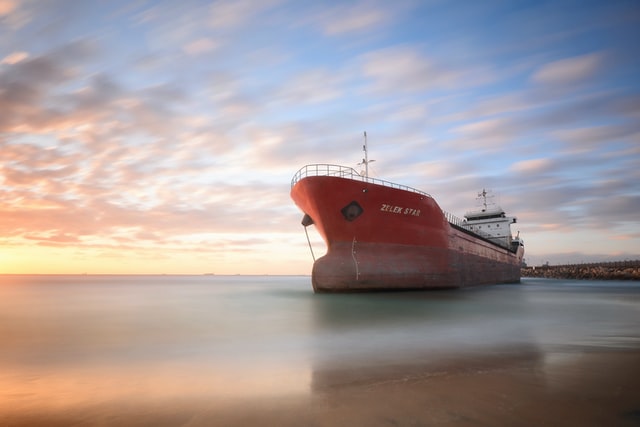Anglia Ruskin University (ARU) will work with Britain’s biggest and busiest container port, the Port of Felixstowe, to improve efficiency, reduce harmful carbon emissions and enable more containers to be handled.
This project applies digital technologies such as machine learning and optimisation techniques to build predictive models for container flows around the port. This will in turn reduce unnecessary crane movements and the distances travelled by its fleet of trucks.
According to a recent report produced by the Port of Felixstowe, about 60% of greenhouse gas emissions (equivalent to 34.3K tons of CO2) from port operations originate from fossil fuelled yard cranes and internal trucks.
The fleet of trucks travels more than 14 million km a year, producing 26.5K tons of CO2 per year. The fleet of cranes consumes around six million litres of diesel fuel per year and generates nearly 7.8K tons of CO2 annually.
A new system is expected to lead to more containers being handled within time windows, and a reduction in vessel and truck turnaround times, helping to reduce supply chain issues. Greenhouse gas emissions from trucks, ocean-going vessels and cargo handling equipment will also be reduced.
Professor Ying Xie, Director of the Centre for Intelligent Supply Chain at Anglia Ruskin University (ARU), said: “We are delighted to be working with the Port of Felixstowe on this important project. At a time when there have been issues with wider global supply chains, ensuring our ports are working at maximum efficiency has never been more important.
“This research project provides an opportunity to explore how digitalisation can help improve efficiency and reduce carbon emissions.”
The project is being led by the University of Liverpool and funded jointly by Siemens and the Engineering and Physical Sciences Research Council (EPSRC). It will commence in February.

